Judith Barrington's Writing the Memoir
The Introduction & Chapter 1
We’re starting a NEW BOOK – Judith Barrington’s Writing the Memoir. And what better place to start than by discussing what a memoir is, what memoir isn’t, and just how truthful you need to be. Join us as we answer all of these important questions, which are addressed in the book’s first chapter. But that’s only half the episode. We once again have a book with writing prompts at the end of the chapters. We might be a bit rusty at following instructions, but the results are a hoot to listen to.
Want to hear more of our exercise workshop? We post the bonus podcast, SnarkNotes, and detailed write up of the exercises on our Words to Write by Patreon account.
Join Our Process Group
On the podcast, we discussed our Words to Write by Process Group. While it’s not a workshop/critique session, we welcome all writers to gather and discuss any issues they are having in their writing pursuits (and it’s free).
The Writing Exercise
- Think about a family story. Imagine that you’re telling it to somebody else and you don’t need them to know all the details. Decide on the story’s theme. How would you write it down?
- Read the story to a close friend. Ask: Do you think it is true as told? What was left out? What does it say about the people in the story and about you as the writer?
The Introduction
Like all writing advice books, many promises are both implicitly and explicitly made for the writer seeking knowledge. In the Introduction of Writing the Memoir, Barrington lays out the purpose of this book; or rather, makes it personal:
“This book, then, is the kind of book I once looked for but was never able to find. It opens up the conversations about memoir I wish I’d had when I was starting out and addresses the nuts-and-bolts questions that pertain to the memoir genre.”
After Gardner’s lofty distance from the literary tower, to Bradbury’s reflections from epic fame, then the Bullet Point King Bickham, and finally Lamott’s place of literary family privilege, Barrington’s “I’ve done it and I’ll show you how I’ve done it” stance feels rather comforting.
What is Memoir
The first chapter tackles quite the subject: what is memoir (and what distinguishes it from other types of Creative Non-Fiction and Fiction)?
Subject Matter & Theme
In essence, a memoir isn’t about one’s whole life (like an autobiography), or someone else’s life (biography), but just a (pizza) slice of one’s own life. And it’s not even just a slice of time, but a slice of subject matter (a theme), which gives meaning to the events a memoir.
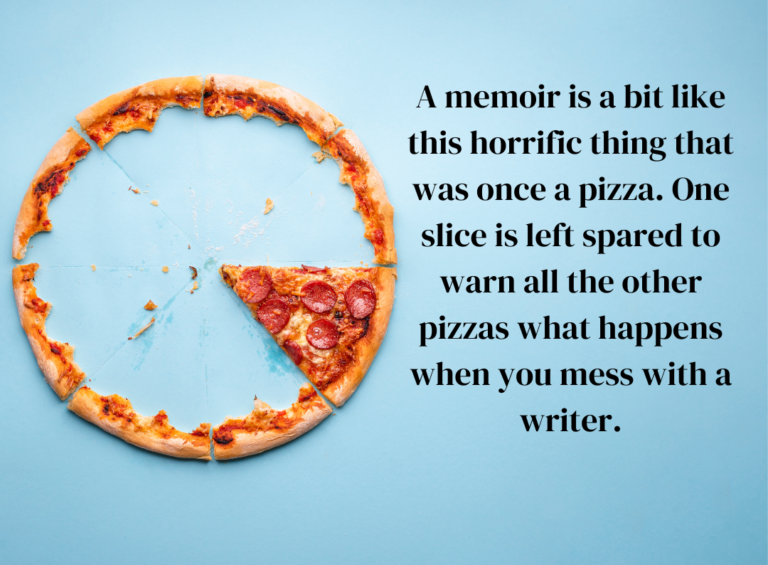
A theme driven narrative is a defining characteristic in a memoir, so much so memoirists often reveal it in the title. Here’s just a few:
It's Not (Not) Fiction
While the memoirist utilizes the tenants of fiction, such as scenes, summaries, sequels, and flashbacks one finds in an novel, they are limited to what has actually happened to them. And just because it’s true doesn’t mean it’s believable. Although we think what’s happened to us is interesting to others, a memoirists most important job is to make the truth interesting.
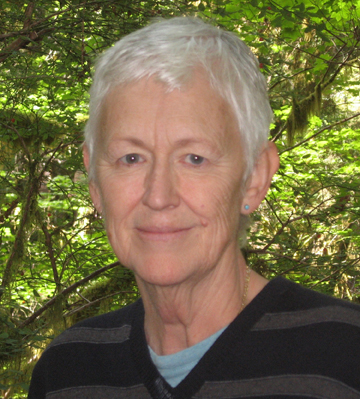
The contract being what you say either happened or you made up. Your imagination is limited by the truth. Whereas in fiction, you’re under no such obligation. Go for it, Barrington says, embellish and make your life entertaining for your readers, but make it clear to the reader you’re writing fiction. I mean, we all remember what happened on Oprah.
"The Process of Judging"
Lastly, Barrington discusses “The Process of Judging,” a concept she adopts from the philosopher, Georg Lukacs, which, she says, is “the willingness to form and express complex opinions, both positive and negative.”

In fiction, a writer can create incredible distance between the protagonist and the reader. Its even possible for events to speak for themselves. In memoir, however, you as the protagonist have must make clear what this event means in terms of your life. A memoir is not just a collection of things that happen; it’s a series of events and reflections tied to the point of view of one character who grew from the experience.
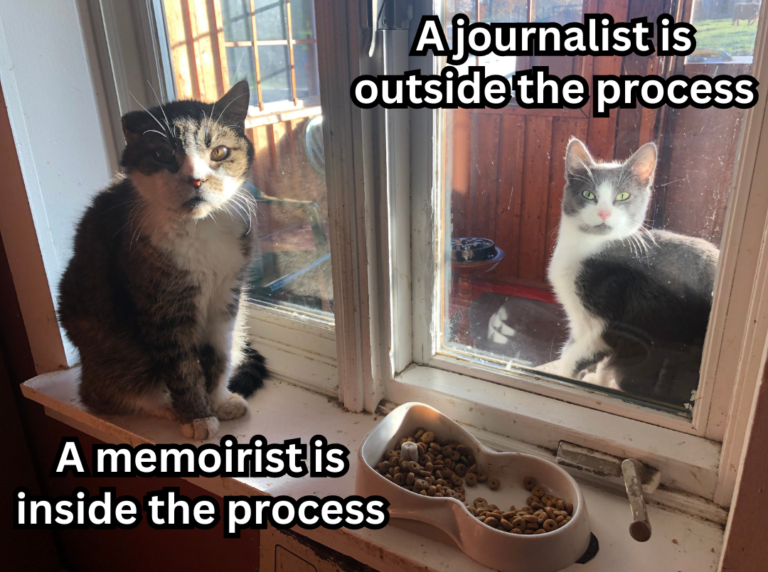
Speaking of judging…in this section of the chapter, we found Barrington focuses more on what memoir isn’t instead of describing what the concept of “judging” is. Since we’re basking in new relationship energy with this book, we assume she means for us to take sides as an author, laying blame where blame is due, deciding why, what, and how events took place.
Which means: You, Dear Memoirist, are the judge, jury, and even (metaphorical) executioner.
Judith Barrington's Lifesaving
We wouldn’t expect someone to write a memoir craft book without having written a memoir herself, now would we?
"My own route to memoir was via poetry."
Want to inspect the chops of the writer dispensing us memoir advice? Check out Judith Barrington’s memoir. A mix of coming of age, grief, history, and philosophy, Lifesaving, winner of the Lambda Award, “is the story of those three years, of the people, the places, and of a young woman struggling to become an adult in the shadow of sudden and staggering loss.”
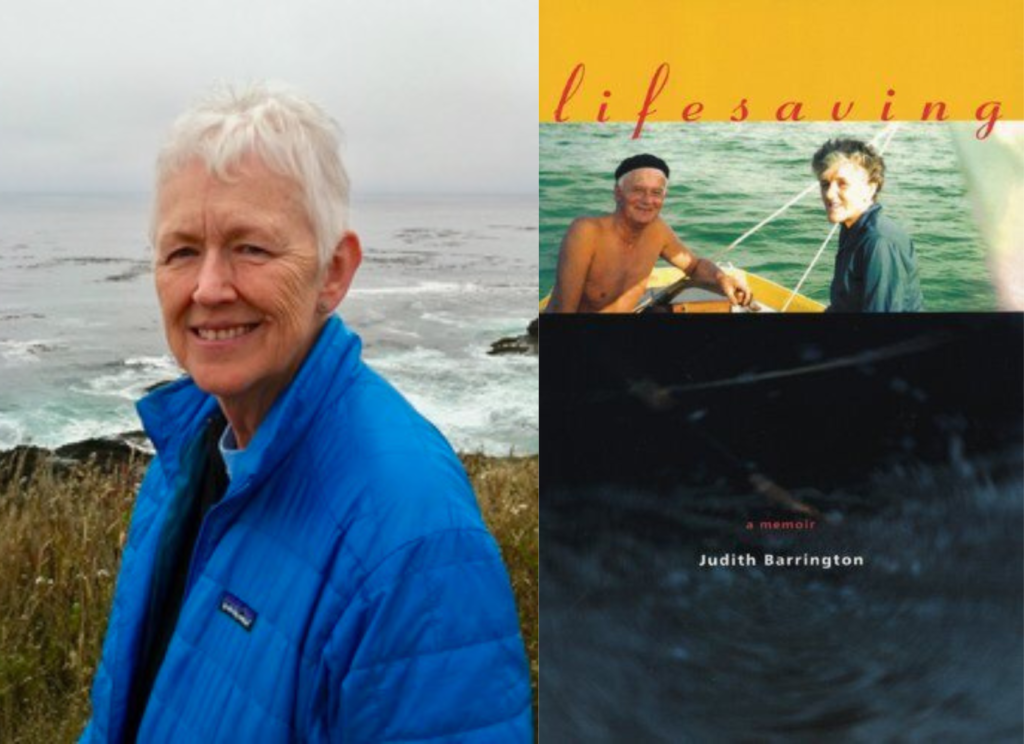
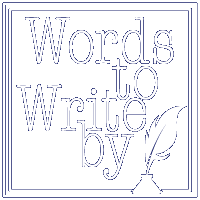
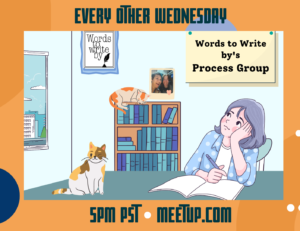
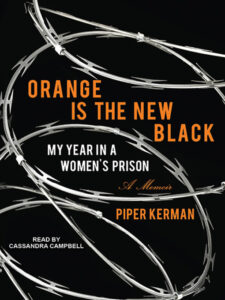
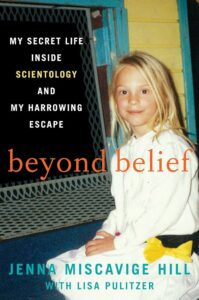
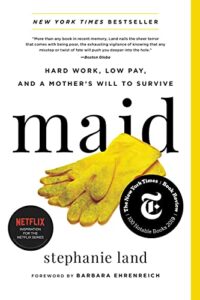
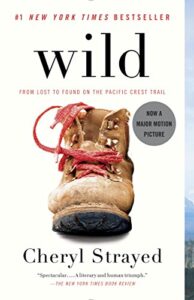
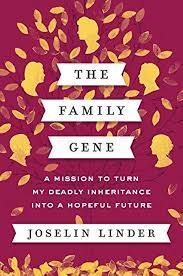


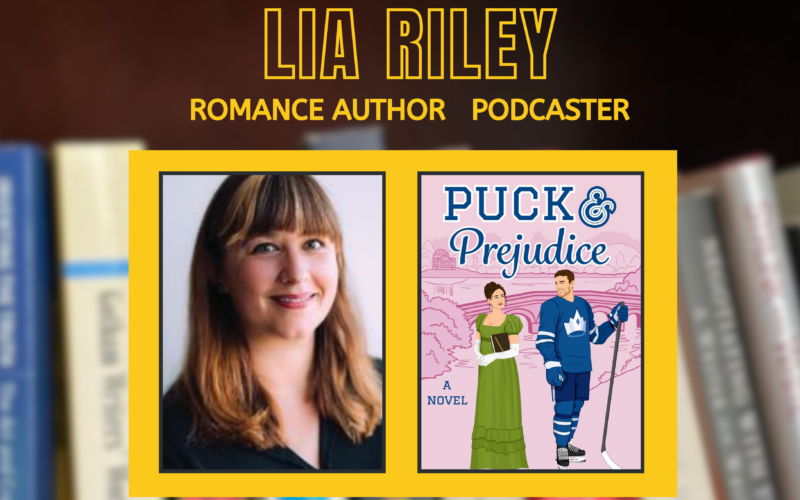
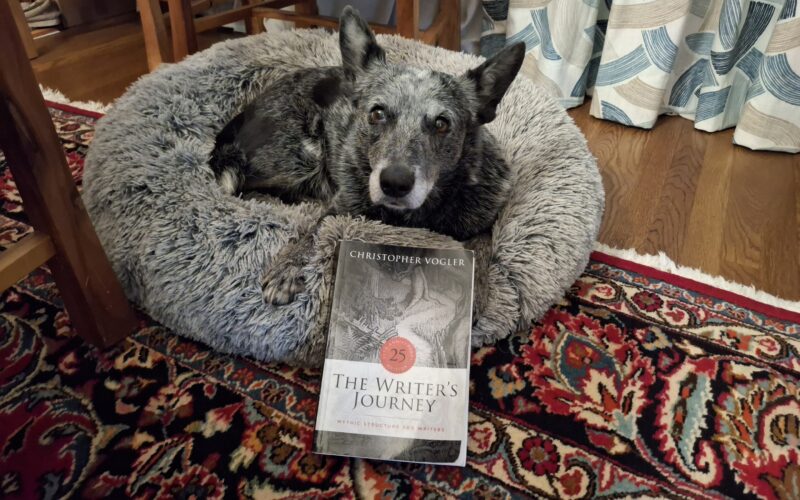
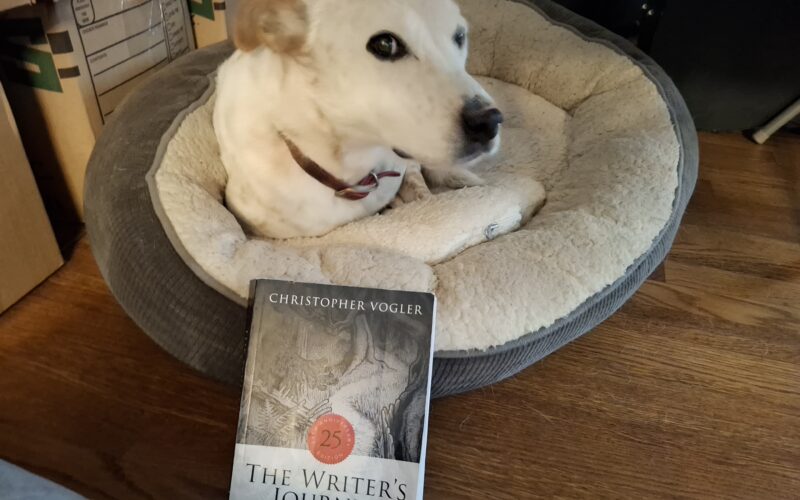
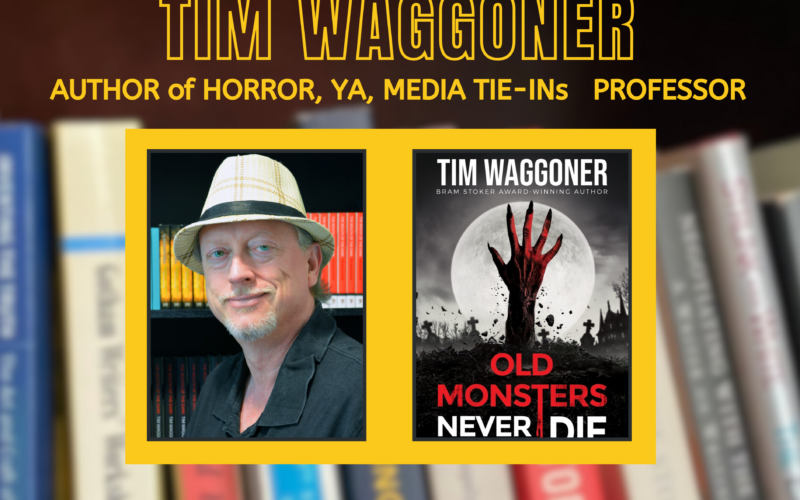
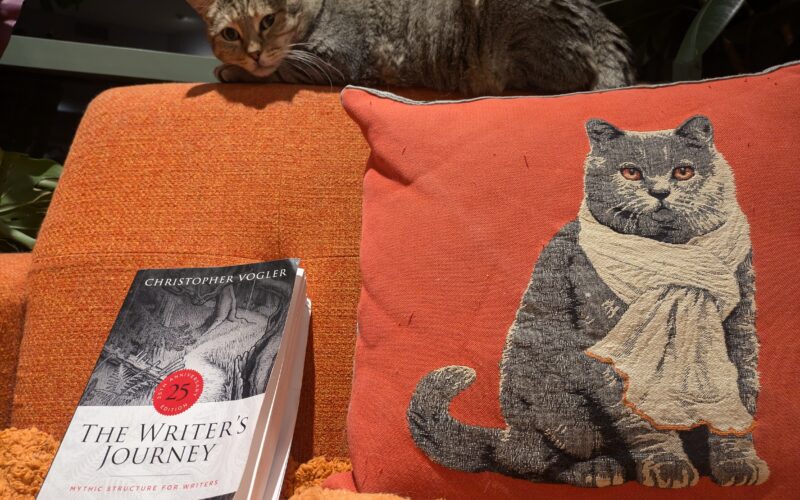
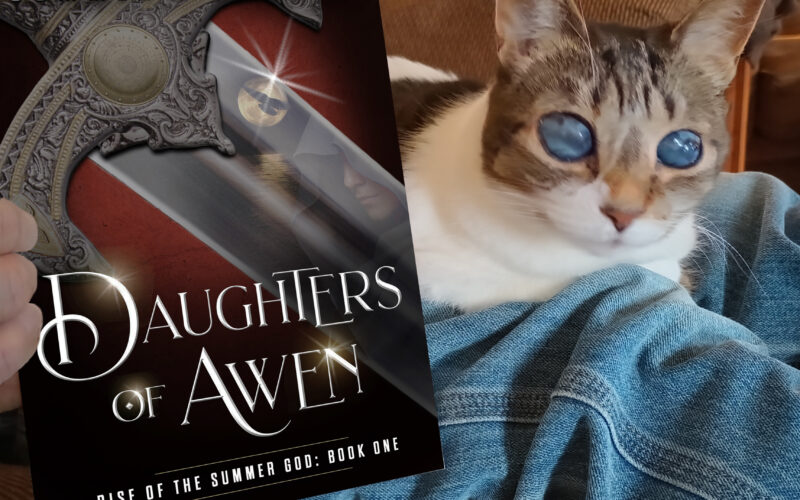

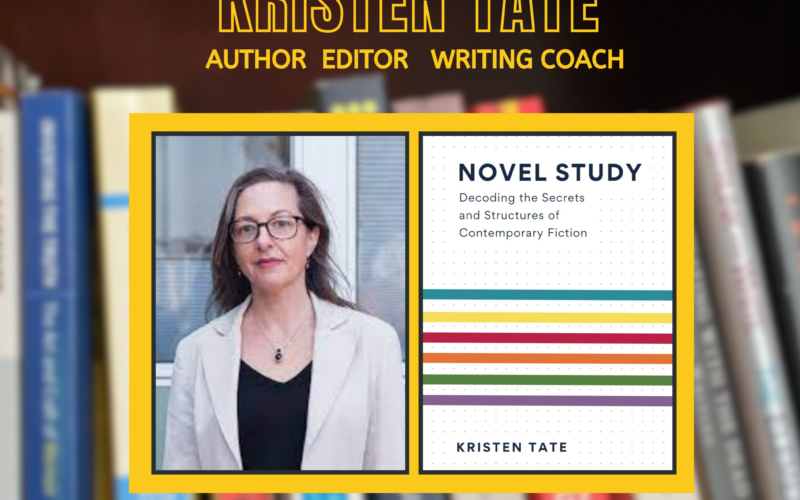

AI & Authorship: Where’s the Line?
Authors & AI SeriesEpisode 6: AI & Authorship: Where’s the Line? We’ve explored AI as brainstorming allies, critique partners, and research assistants. Now we’re tackling the most contentious question:...